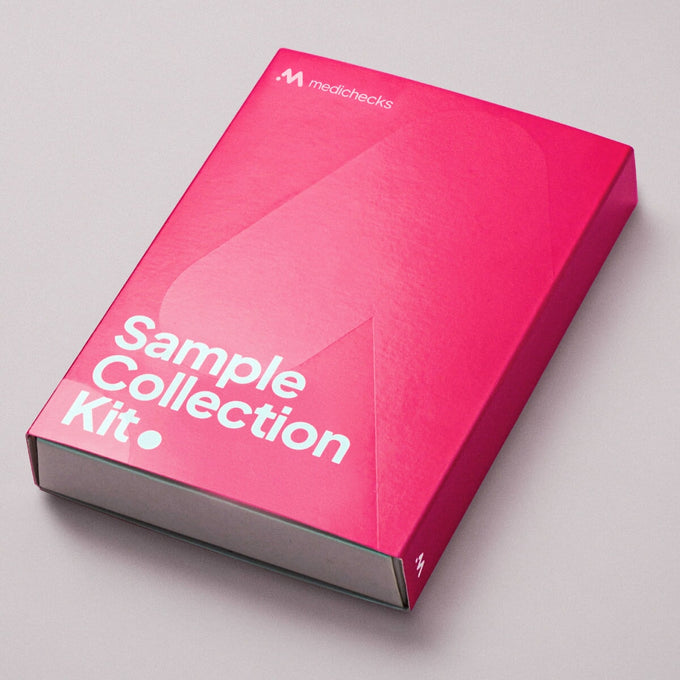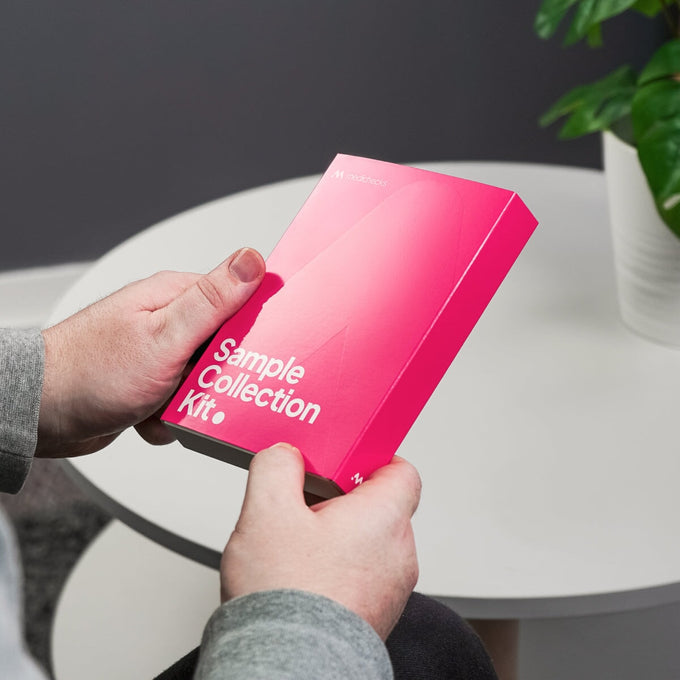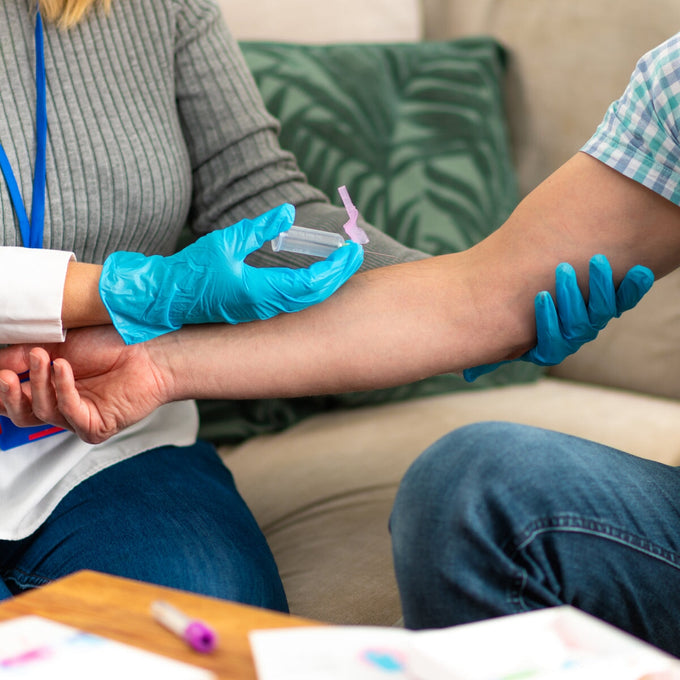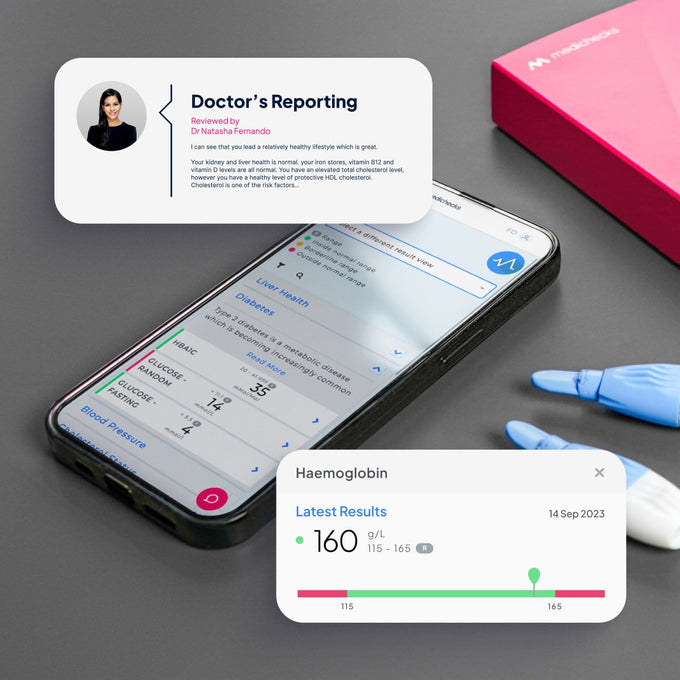Vitamin A (Retinol) Blood Test, from our experts to you.
Dr Sam Rodgers MBBS, MRCGPChief Medical Officer

What is vitamin A?
Vitamin A comes in two main forms - active vitamin A and beta-carotene. Active vitamin A or retinol comes from animal-derived foods and can be used directly by the body. In contrast, beta-carotene or provitamin A comes from fruits and vegetables in the form of carotenoids, which the body converts to retinol.
Which foods are highest in vitamin A?
Cheese, eggs, lamb and beef liver, and oily fish (such as mackerel, salmon and trout) are all great sources of active vitamin A. Coloured fruit and vegetables, including spinach, carrots, sweet potatoes, and mango are all good sources of beta-carotene. The NHS recommends that for adults (19-64 years), 0.7 mg of vitamin A should be consumed per day for men and 0.6 mg of vitamin A per day for women.
Is a vitamin A deficiency common?
In the UK, having a vitamin A deficiency is rare but more common in developing countries. However, people who suffer from illnesses that affect how food is absorbed from the gut, including coeliac disease, Crohn's disease and cystic fibrosis, are at a greater risk of developing vitamin A deficiency.
What's Included?
How to prepare for your test
Special Instructions
Prepare for your Vitamin A (Retinol) Blood Test by following these instructions. Do not eat for 12 hours prior to your test. Drink plenty of water, if you take medication then you are allowed to take it as you would normally. You should take this test before you take any medication or vitamin/mineral supplements.




